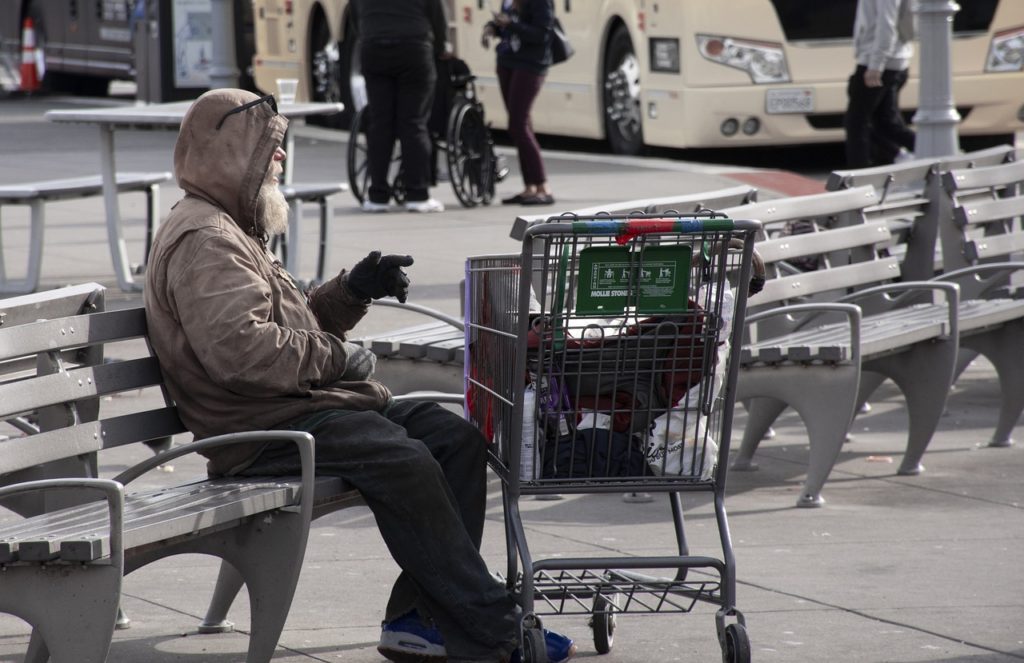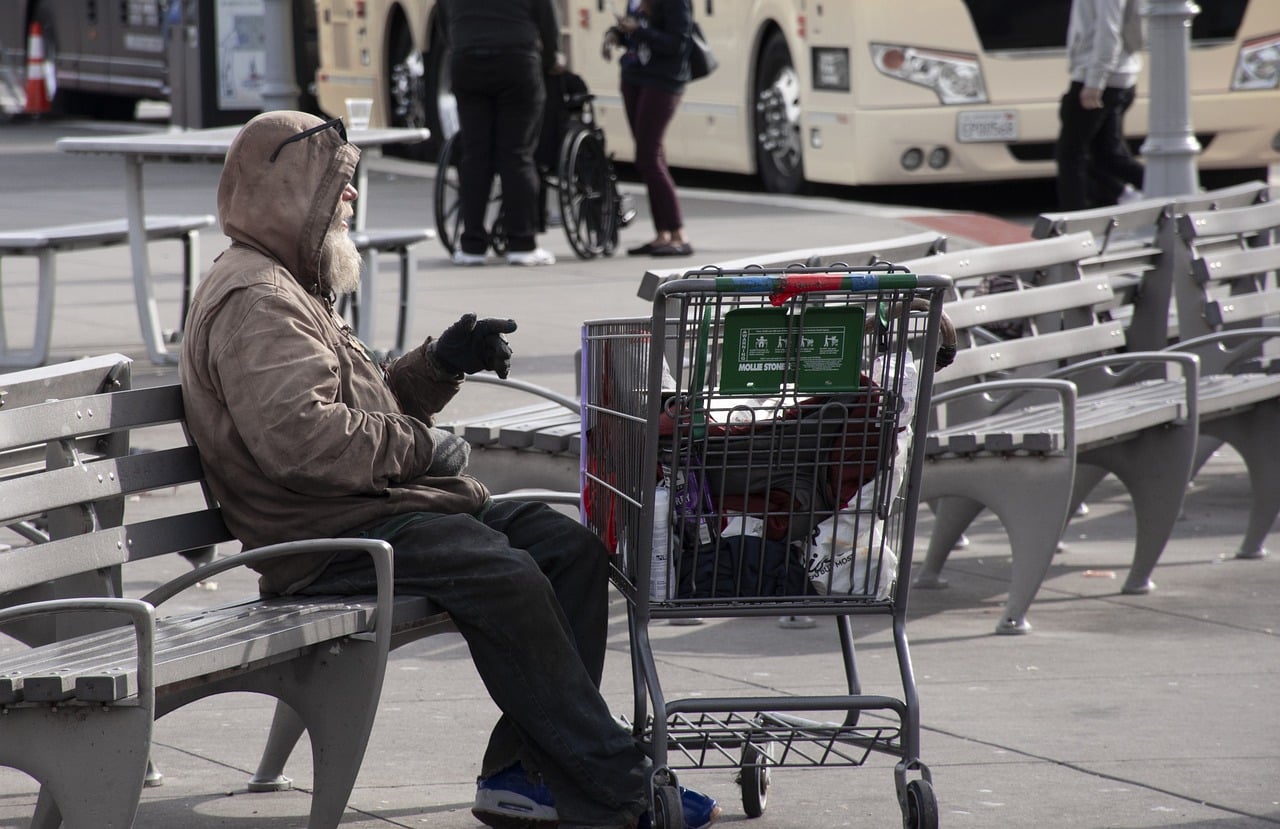Homelessness is a complex issue that affects communities worldwide. It is not confined to urban areas or certain demographics; it can be found in neighborhoods of all shapes and sizes. Richard Grotsch knows understanding the causes and effects of homelessness is crucial to address this problem effectively. Neighborhoods can significantly support and assist homeless individuals by gaining a deeper understanding of the issue.
Various factors contribute to homelessness, including poverty, lack of affordable housing, mental health issues, and substance abuse. These factors often intersect, creating a cycle that is difficult to break. Homelessness can have a profound impact on individuals and communities alike. It affects not only those who experience it directly but also the overall social fabric of a neighborhood. By recognizing and acknowledging the presence of homelessness, neighborhoods can take the first step toward meaningful change.

The Impact Of Neighborhood Support On The Homeless Population
The support and involvement of neighborhoods can make a significant difference in the lives of homeless individuals. When communities come together to address homelessness, they create a sense of belonging and support essential for individuals to rebuild their lives. By providing access to resources such as emergency shelters, food banks, and healthcare services, neighborhoods can help meet the immediate needs of the homeless population.
Moreover, neighborhood support goes beyond the provision of necessities. It can also help address the underlying causes of homelessness by offering employment opportunities, skills training, and educational programs. By empowering homeless individuals to regain their independence and self-sufficiency, neighborhoods can contribute to their long-term stability and well-being.
How Neighborhoods Can Get Involved In Supporting The Homeless
There are several ways in which neighborhoods can get involved in supporting the homeless population. One crucial step is establishing partnerships with local organizations and service providers specializing in addressing homelessness. Neighborhoods and these organizations can pool their resources and expertise to create comprehensive and sustainable solutions by working together.
Neighborhoods can also organize community events and initiatives to raise awareness about homelessness and its impact. These events can serve as platforms for dialogue, education, and fundraising. Furthermore, neighborhoods can encourage their residents to volunteer their time and skills to support homeless individuals. This can involve mentoring, tutoring, or simply offering a listening ear.
Neighborhoods can also play a crucial role in advocating for policy changes at the local and state levels. By voicing their concerns and pushing for affordable housing initiatives, neighborhoods can help create systemic change that addresses the root causes of homelessness. Additionally, neighborhoods can support homeless individuals by fostering a sense of community and belonging through social activities and events. By creating spaces where homeless individuals feel valued and included, neighborhoods can contribute to their overall well-being and help them on their journey toward stability.
Overcoming Challenges And Obstacles
While neighborhood support is crucial in addressing homelessness, some challenges and obstacles must be overcome. One common challenge is the stigma associated with homelessness. Many people hold misconceptions and stereotypes about homeless individuals, which can hinder efforts to provide support. Education and awareness campaigns can help dispel these myths and promote empathy and understanding.
Another challenge is the lack of affordable housing options. Without stable and affordable housing, homeless individuals struggle to break free from the cycle of homelessness. Neighborhoods can advocate for policies and initiatives that prioritize affordable housing and work towards creating inclusive communities.
Conclusion
Neighborhoods play a vital role in addressing homelessness. By understanding the causes and effects of homelessness, neighborhoods can create a supportive environment for homeless individuals to rebuild their lives. The impact of neighborhood support goes beyond meeting immediate needs; it can empower individuals to regain their independence and contribute positively to society. By overcoming challenges and working together, neighborhoods can harness the power of community support to tackle homelessness effectively.
